Vitamin C is also called ascorbic acid. Vitamin C has much importance, from protecting bones to building our tissue. It supports the human body’s immune system and helps your body use the iron you get from your food. Vitamin C helps in making collagen in the body. Collagen is a springy type of connective tissue. And the great news is that many fruits and vegetables rich in vitamin C benefit you with these required nutrients.
Also, this vitamin heals the wound and is an antioxidant that protects cells from damage. Men need 90 milligrams per day, and whereas women need 75 milligrams per day.
14 Fruits And Vegetables Rich In Vitamin C
Here are 14 fruits and vegetables rich in vitamin C that you can add to your diet. Instead of the supplements consume vitamin C in natural. The natural way is a much healthier option for the body.
1. Kiwifruit
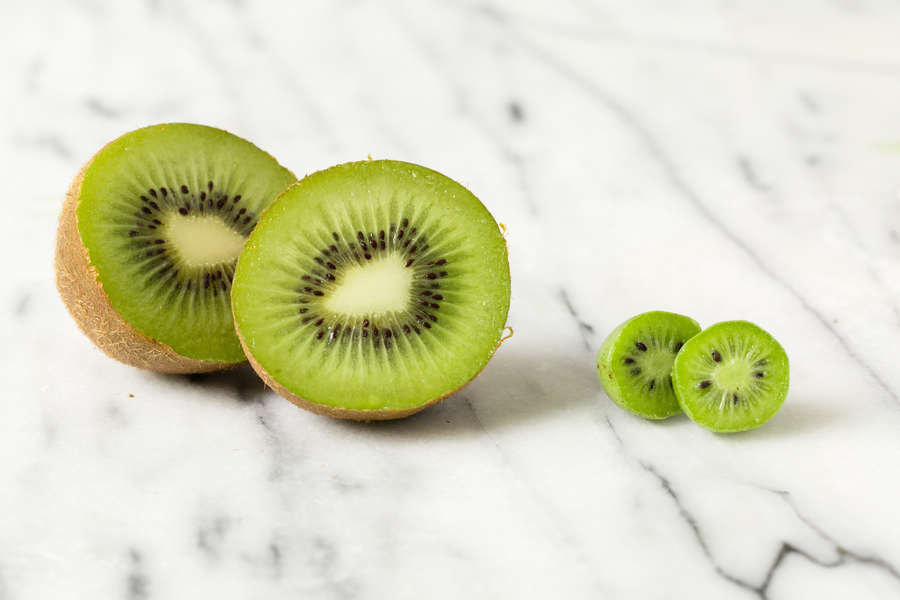
Kiwi has 70 milligrams of vitamin C in medium-sized fruit. Kiwi has fibers and antioxidants like flavonoids and carotenoids, which help the body to protect the cells. Having two to three kiwi a day can reduce the risk of blood clots and stroke in adults. Kiwi is the best vitamin C source. If you are vitamin C deficient, eat two to three kiwi per day for four weeks, and blood levels of vitamin C will normalize.
Peel the fruit’s skin before having it (but its skin contains nutrients and fibers). Try to eat the fruit with the skin; wash it properly before eating, and rub the fuzz off.
2. Strawberries
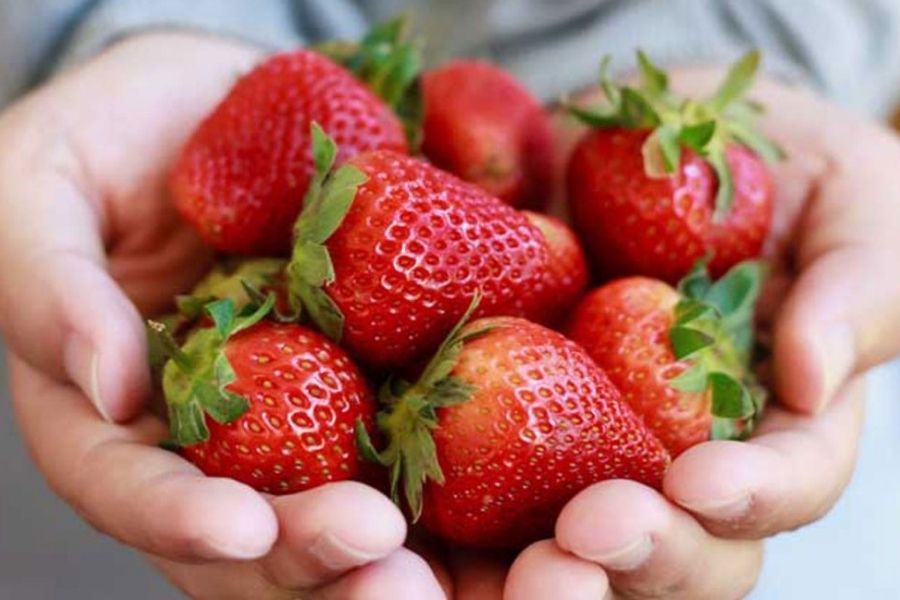
A cup of this fruit has up to 85 milligrams of vitamin C in it. Strawberries are low in calories, high in fibers, and have antioxidants like manganese, flavonoids, and folate. The fruit helps prevent cancer, vascular diseases, dementia, and diabetes due to these high antioxidants.
3. Guava
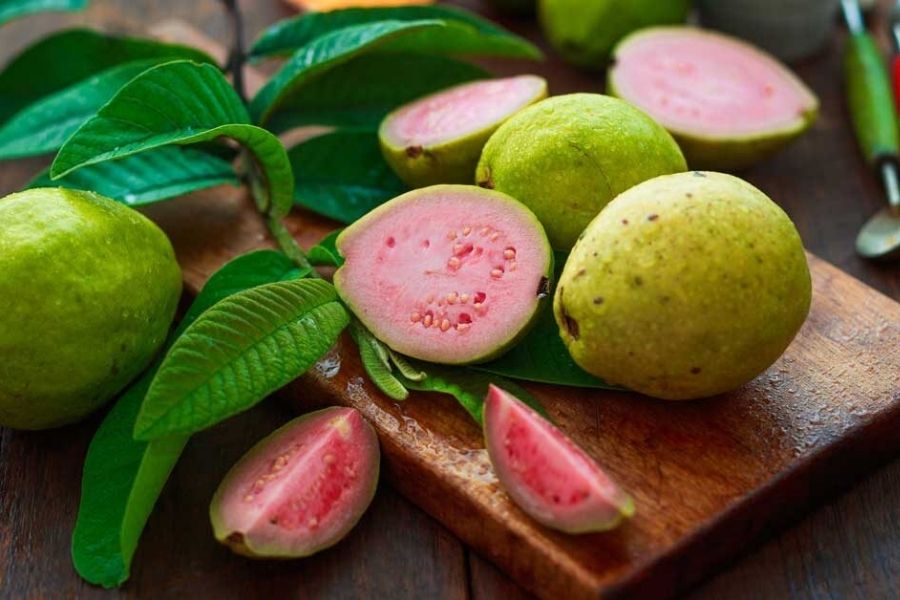
Pink-fleshed tropical fruit contains 228 milligrams of vitamin C in 100 grams. Guava is also rich in the antioxidant lycopene. It is beneficial for your skin, making it healthy. This fruit helps you to lower blood pressure and cholesterol levels.
4. Lychee

72 milligrams of vitamin C is present in 100 grams of lychee. This fruit has omega-3 and omega-6 fatty acids. These are beneficial for the brain, heart, and blood vessels. Vitamin C helps in the synthesis of collagen.
5. Oranges
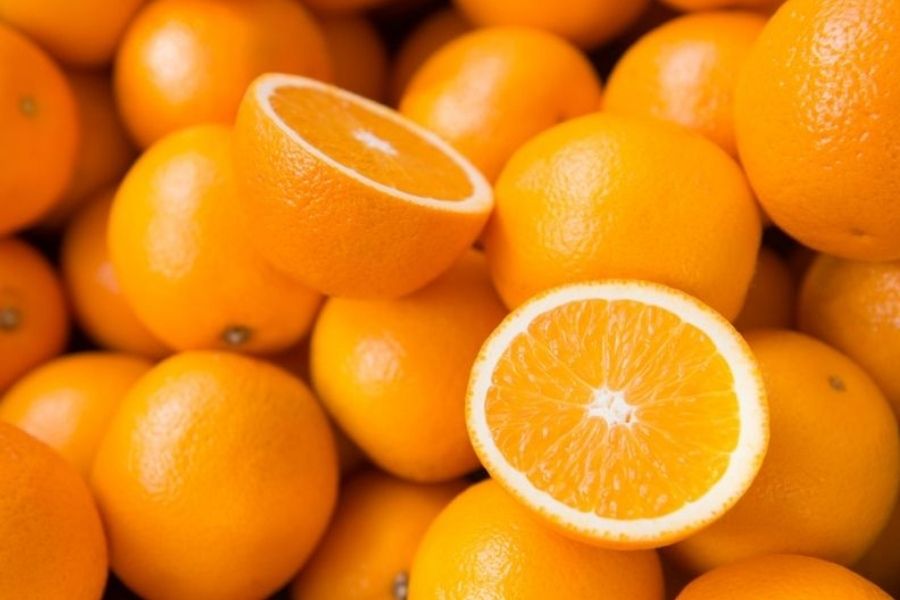
The common source of vitamin C is citrus fruits. The medium-sized orange has 70 milligrams of vitamin C in it. This fruit is widely eaten, and it makes up a significant daily portion of vitamin C. Its antioxidant properties of vitamin C help to reduce inflammation in the body.
6. Musk Melon

Musk melon is an excellent source of various nutrients such as carotenoids, potassium, magnesium, copper, flavonoids, and 30 milligrams of vitamin C per half-cup. They offer strength to the immune system, increasing the white cells in the body.
7. Papayas
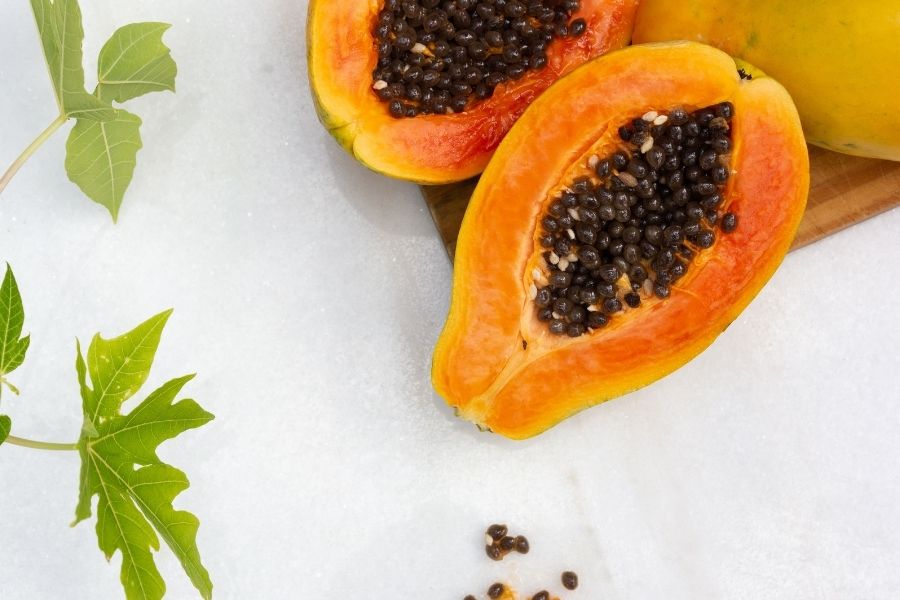
Just one cup of papaya is enough for you for an entire day of vitamin C. A cup of papaya has 90 milligrams of vitamin C in it. Papaya is also enriched in carotenes, flavonoids, vitamin B, potassium, magnesium, and fibers. These nutrients are good for heart health, have anti-inflammatory effects, aid memory, and protect against colon cancer.
8. Grapes
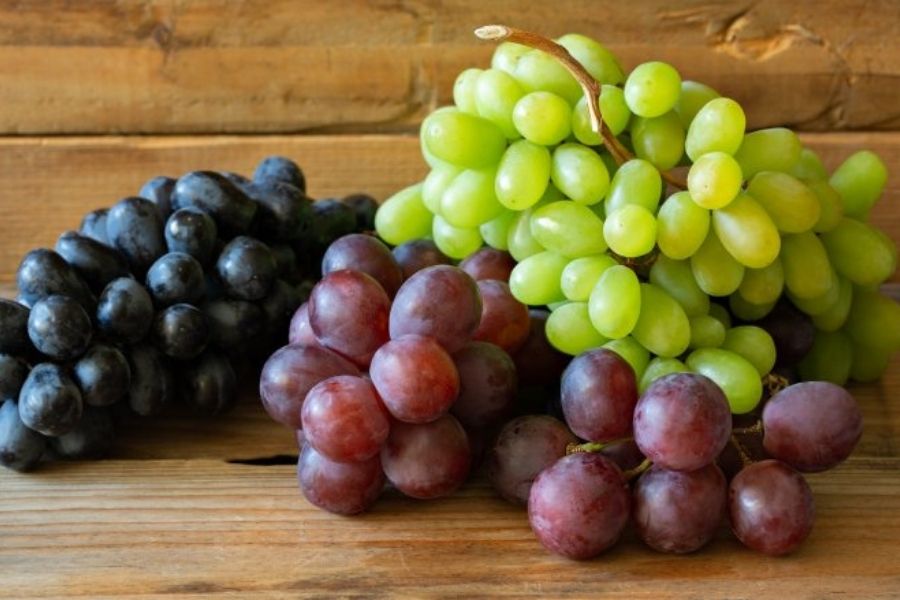
The fruit has 44 milligrams of vitamin C in them. A 6-ounce glass of grapes juice has 70 to 95 milligrams of vitamin C. Grapes also has vitamin K and is high in antioxidants, which prevent chronic diseases. This fruit is also beneficial for heart health, protects against diabetes, and decreases blood sugar levels.
9. Lemons
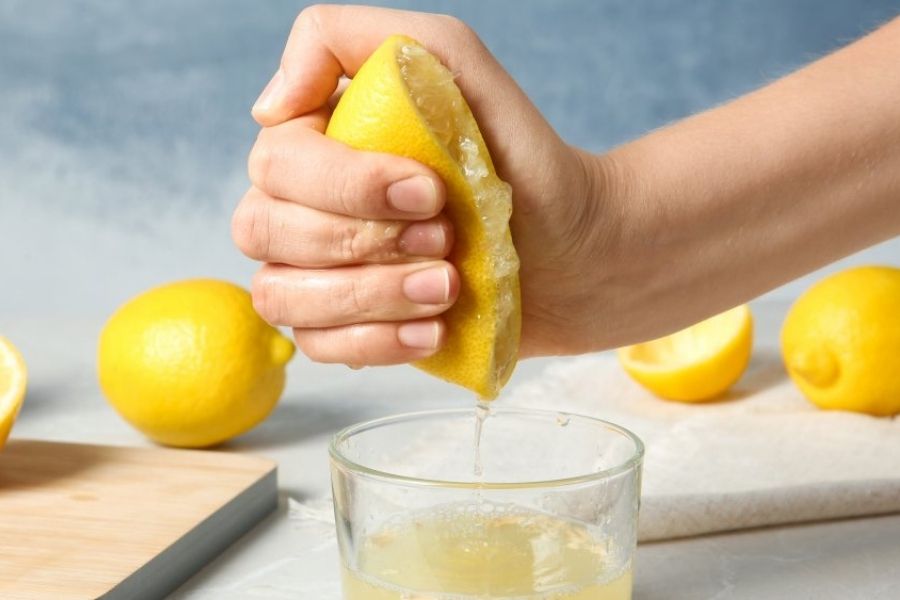
Lemon has 77 milligrams of vitamin C, and with peel, the lemon has 83 milligrams of the vitamin in 100 grams. In the 1700s, lemon was given to sailors to prevent scurvy, vitamin C deficiency. Vitamin C present in the lemon act as an antioxidant.
10. Red Pepper
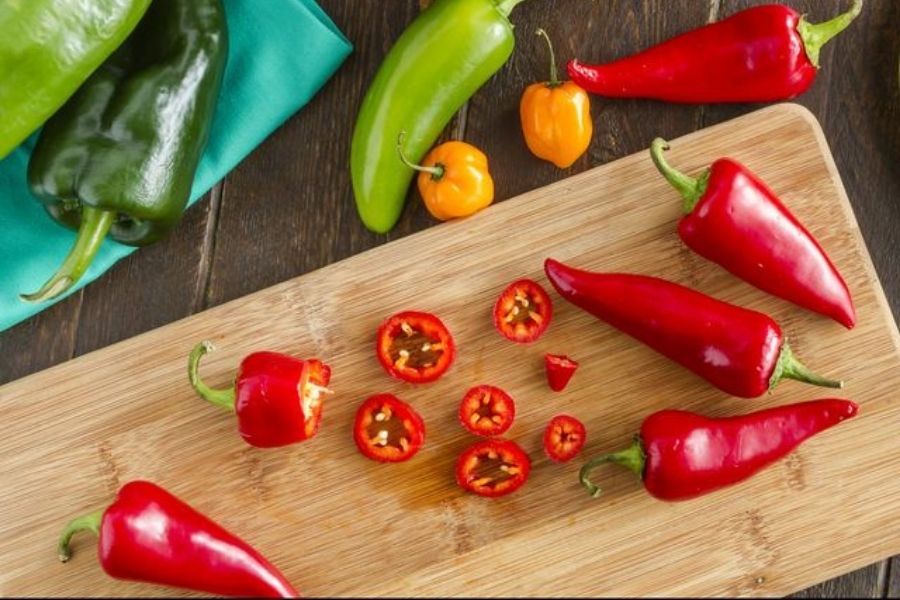
Red pepper has up to 95 milligrams per half-cup that are loads of vitamin C. It has capsaicin, which is responsible for its hot taste. Capsaicin can also reduce pain and inflammation. Other than vitamin C, red pepper is also a good source of vitamin A, B, E, and K, potassium, folate, manganese, phosphorus, and magnesium.
11. Broccoli
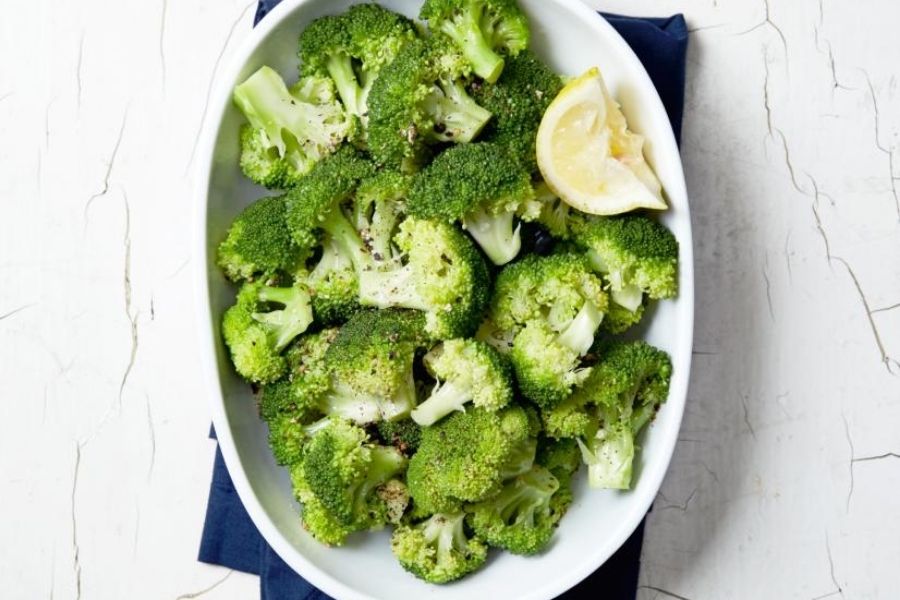
50 milligrams of vitamin C is present in half a cup of cooked broccoli. It has loads of fibers and many antioxidants, which reduce inflammation. The best way to cook broccoli is to steam the broccoli for 5 minutes or less rather than boiling it. Having plenty of vitamin C-rich broccoli can lower oxidative stress, improve immunity, and decrease cancer and heart disease risk.
12. Tomatoes
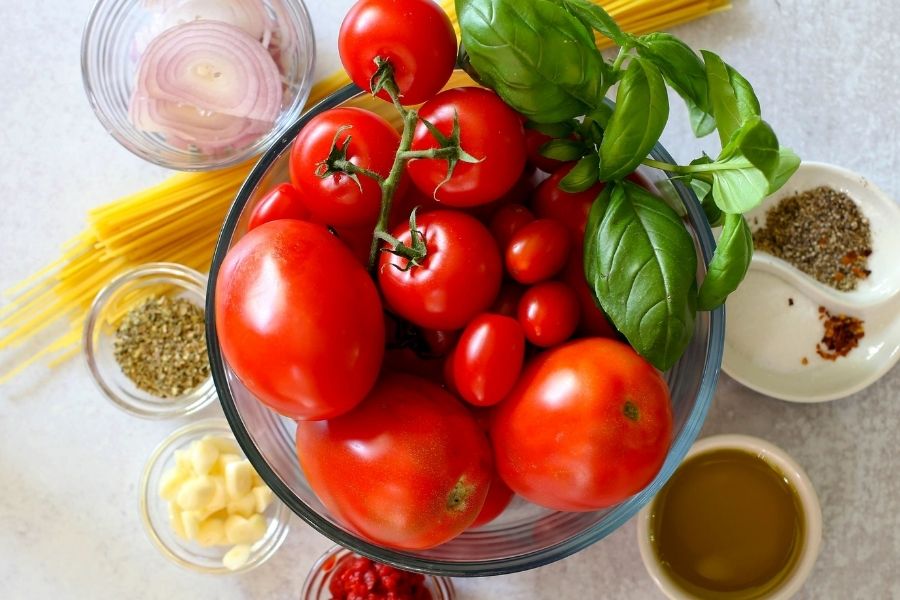
Tomato has 20 milligrams of vitamin C in it, which goes down when cooked. Vitamin C, present in tomatoes, helps to combat free radicals in the body. These free radicals are the precursor of cancer. It also has lycopene antioxidant, which goes up when cooked. For vitamin C, consume it raw.
13. Potatoes

Baked or oven-roasted potatoes are much healthier than fried ones. A medium-sized potato has 20 milligrams of vitamin C with potassium and fibers. Vitamin C helps with digestion, keeps the heart healthy, reduces cell damage and blood pressure, etc.
14. Cauliflower
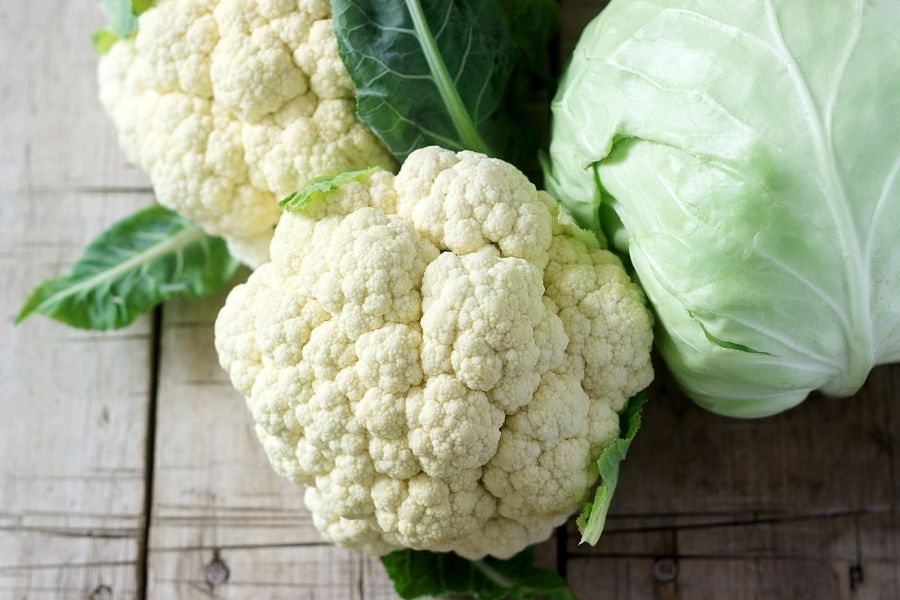
40 milligrams of vitamin C is present in one cup of cauliflower. It is also a good source of vitamin K, folate, and fibers. It boosts your immunity, and its anti-inflammatory properties reduce the risk of heart diseases. You consume it steamed or roasted in olive oil.
Conclusion
Vitamin C is a water-soluble vitamin. The vitamin is important for the immune system, connective tissues, heart and blood vessel health. So, not consume enough vitamin C can have a negative effect. The deficiency of vitamin C is scurvy, which leads to anemia. Citrus foods are rich in vitamin C, but many foods might be higher in vitamin C. Add these fruits and vegetables rich in vitamin C to your diet for better and good health.

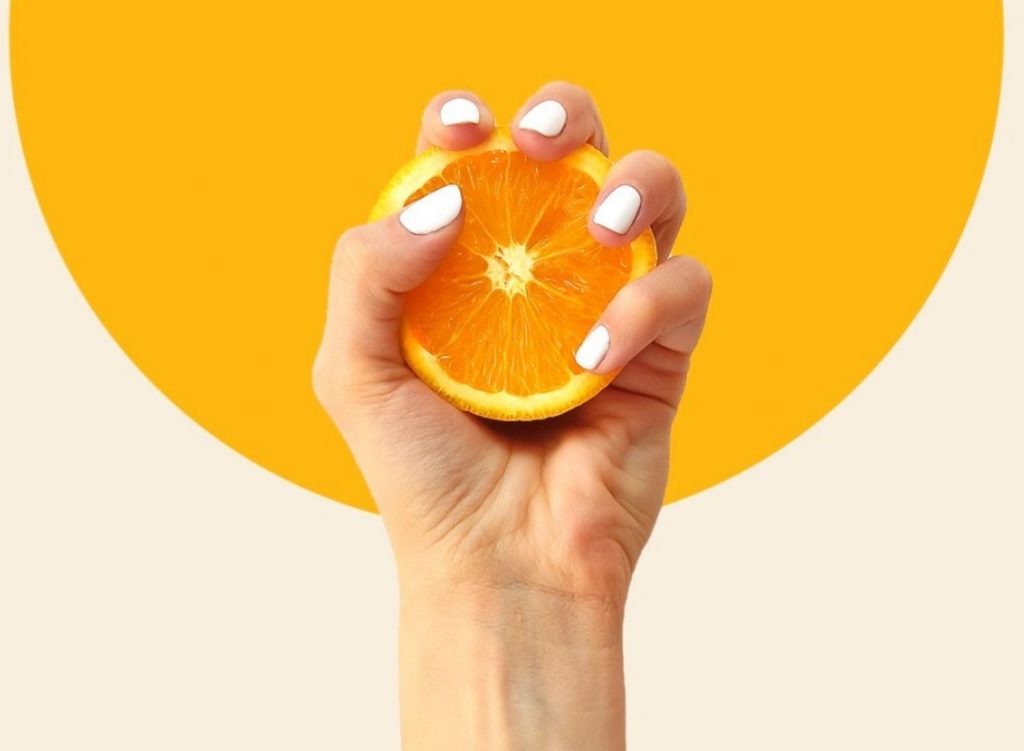






1 thought on “14 Fruits And Vegetables Rich In Vitamin C”